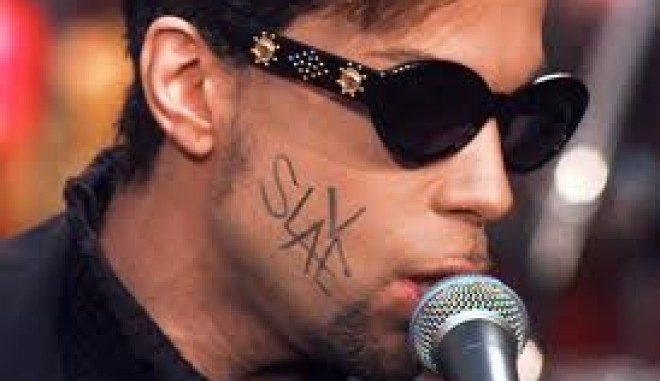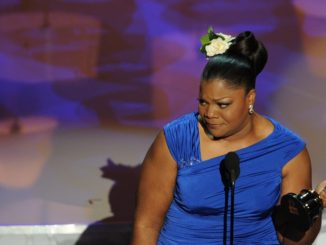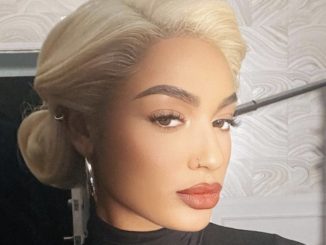
Republic Records of Universal Music Group announced that the label will no longer use the word “urban” to define music made by black artists.
“Effective immediately, Republic Records will remove “URBAN” from our verbiage in describing departments, employee titles and music genres,” posted Republic Records in a statement on Instagram. “We encourage the rest of the music industry to follow suit as it is important to shape the future of what we want it to look like, and not adhere to the outdated structures of the past.”
“Urban” is a marginalizing and offensive term that is commonly used in the music industry to group all kinds of music created by black people together, including rap, rhythm and blues, and gospel music.
The term would often cause music artists to miss out on receiving the critical acclaim and awards showered on their white peers as a result of black artists being limited in the number of genres they could compete in.
Superstar entertainers, such as Michael Jackson, Beyonce, Prince, Kanye West, Nicki Minaj, Frank Ocean, and more have been snubbed from receiving major accolades because of the marginalization of the industry by simply using terms like “urban”.
“Black artists who are actively dismantling genres are still given these R&B titles, where white artists who are also dismantling genres are given credit,” Moses Sumney said in an excerpt from Pitchfork.
The terminology in the music industry has evolved over the years, however. Before the term “urban” and “rhythm and blues” came into existence, records made by black artists for black listeners were called “race records”.
With the injustices and inequalities that the black community has dealt with over the years coming to realization in 2020, the change is long overdue for black artists that have contributed greatly to the influence of music on society.
History has shown the music industry to be significantly oppressive to black musicians. Black artists were paid little to no money for their recordings and often did not own the equipment necessary to record their own records.
Many black artists never officially published their records giving the labels the opportunity to steal ownership and rights to the recordings.
To add insult to injury, music made by black artists would often be covered by white artists and widely distributed under the tone deaf guise that black artists couldn’t sell records, a sentiment also shared in the film industry.
Black artists also didn’t have a chance to collect royalties as the American Society of Composers, Artists and Performers (ASCAP) excluded black artists for years.
While the U.S. is making changes to purge itself from its racist past, would it be just as necessary for revisions to be made to the names of historic organizations such as the United Negro College Fund and the National Association for the Advancement of Colored People? For years, people have petition for these changes to no avail.
The new generations that are taking the reigns of the world do not use terms such as negro and colored people to describe black people. People who would use these terms would be considered incredibly outdated and possibly racist. The words are constant reminders of the racist slavery and jim crow eras when black people would be defined by their oppressors using these very words.
See The Petition Requesting The NAACP Change Their Name
The failed petition that is now closed states,
“The National Association for the Advancement of Colored People has an offensive name, and is offensive even to some of the very people they protect. They were founded in 1909 and perhaps at the time this name was acceptable. However, in the year 2015 we are all very aware and sensitive to the racist and discriminatory history of many things and the phrase “colored people” should be no exception.”
However, the petition understandably did not to appeal to the masses because of its racist undertones of the reasoning behind the name change request. Just like the back and forth debate on whether to use “Black Lives Matter” or “All Lives Matter”, people are just now understanding the importance of pinpointing the community that is in need of attention and additional resources.
The revised request would be for organizations, such as NAACP and UNCF, to update the verbiage to something that would appropriately teach people how to address and treat black people.
The world is changing rapidly and black people are no longer comfortable with the unprogressive ideologies of the Baby Boomer Generation and Gen X.



